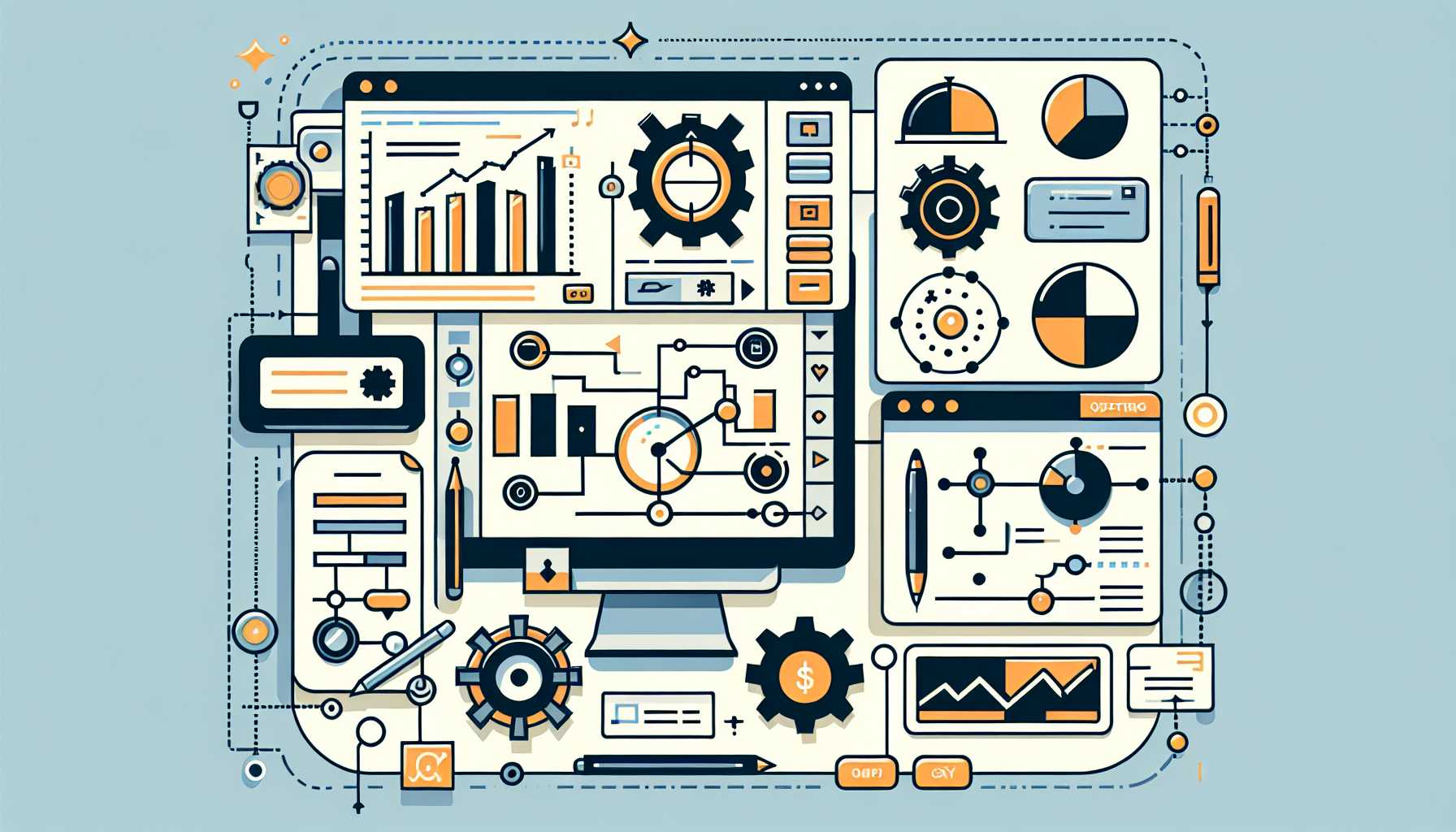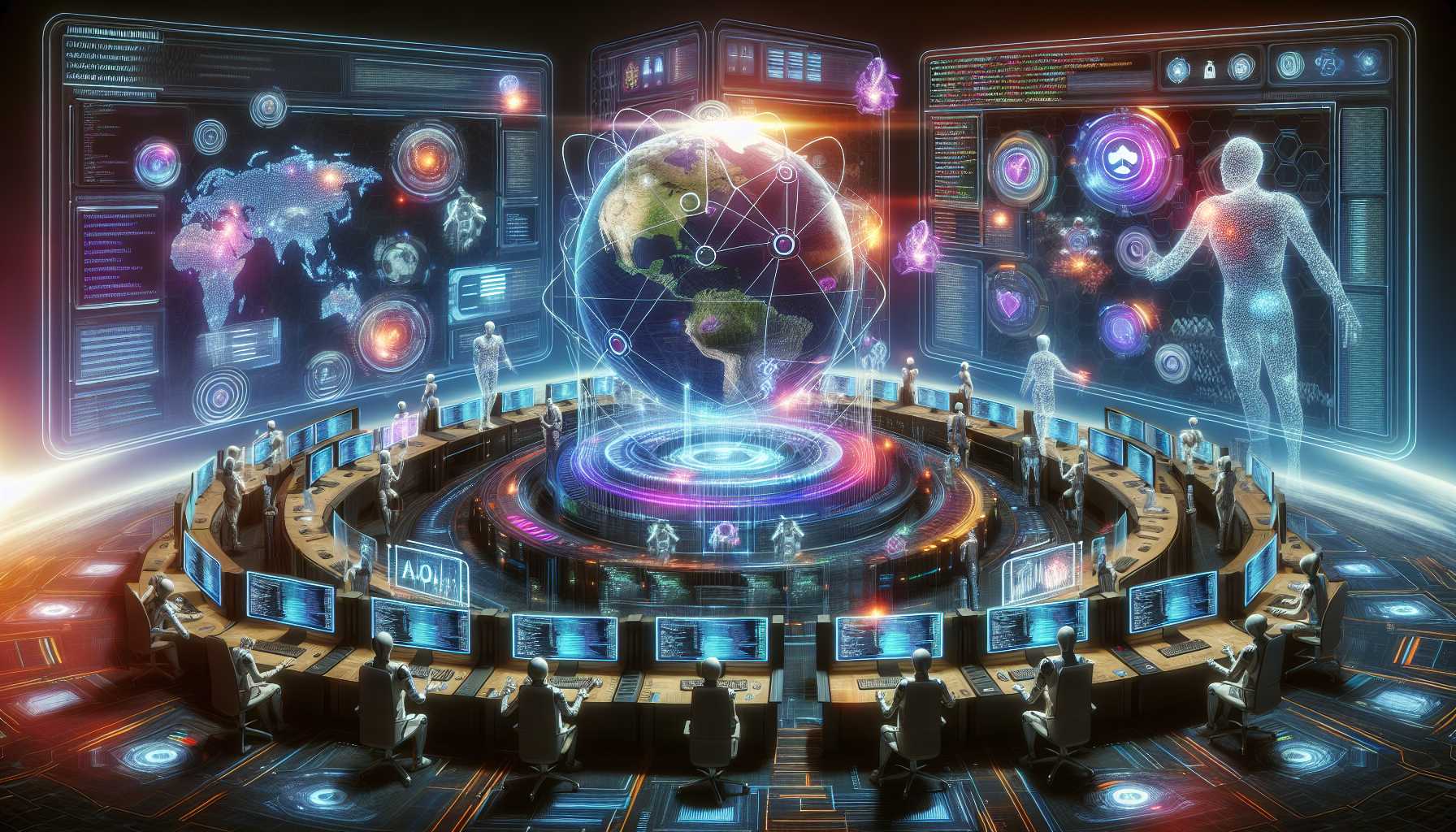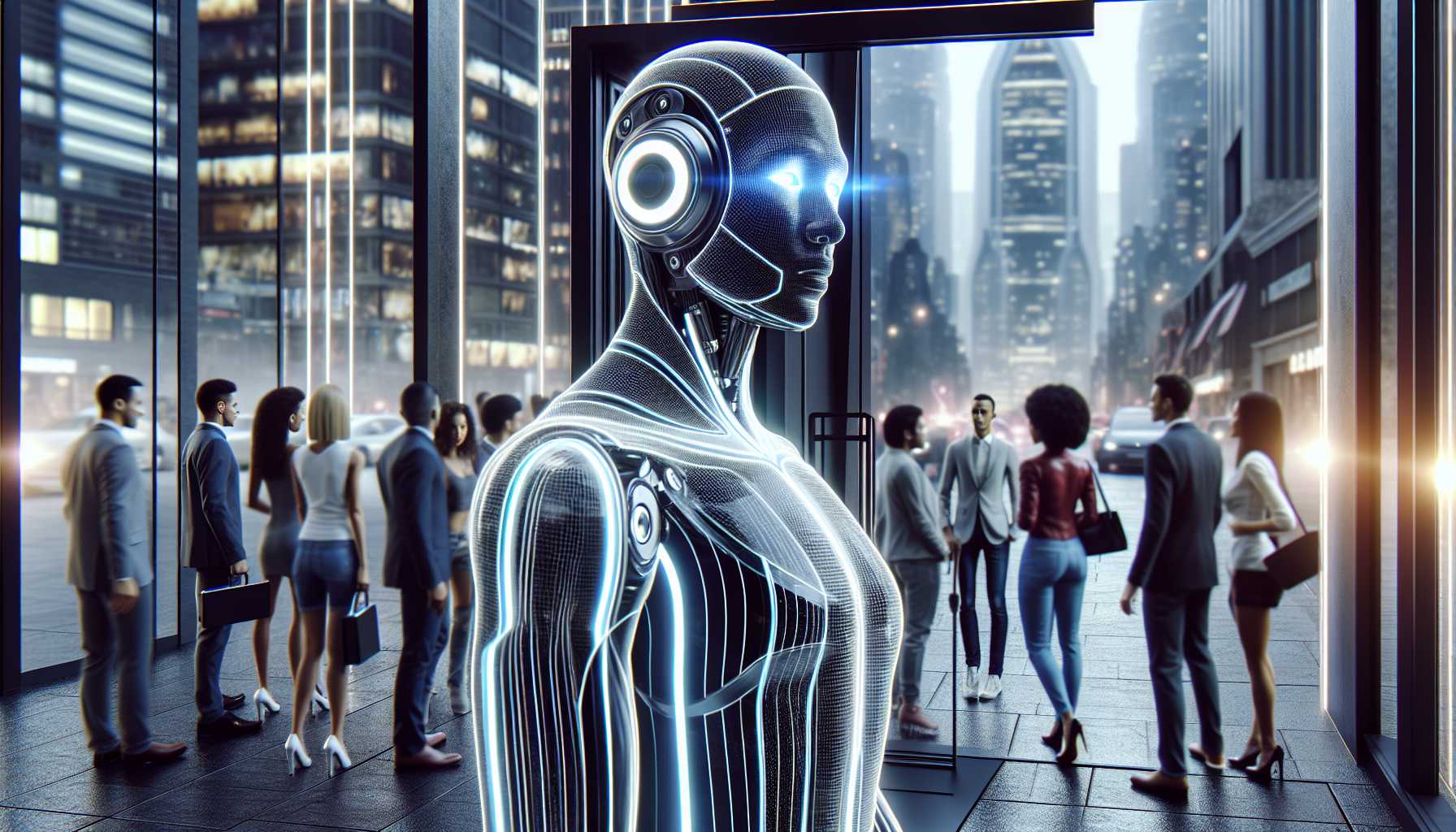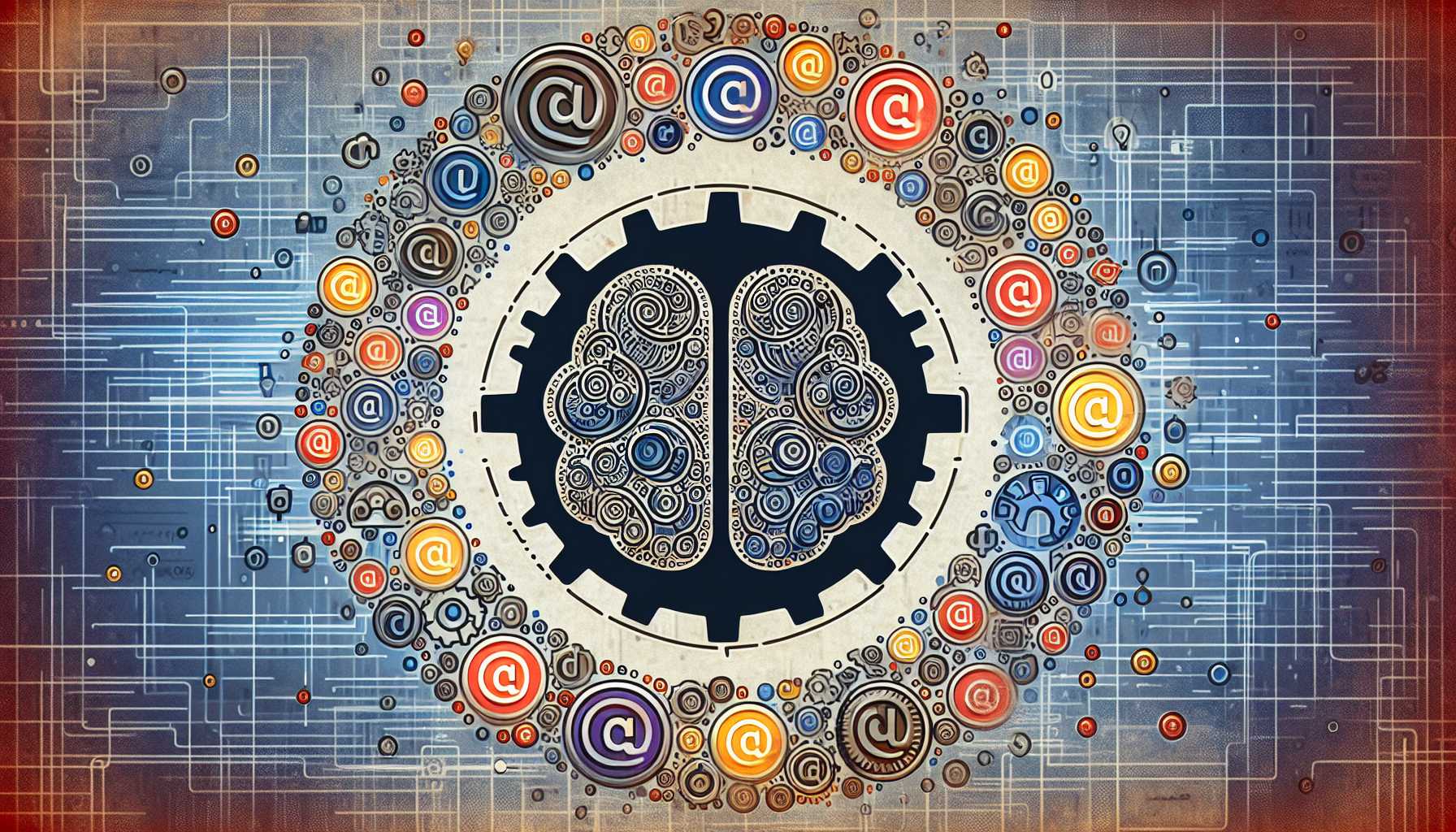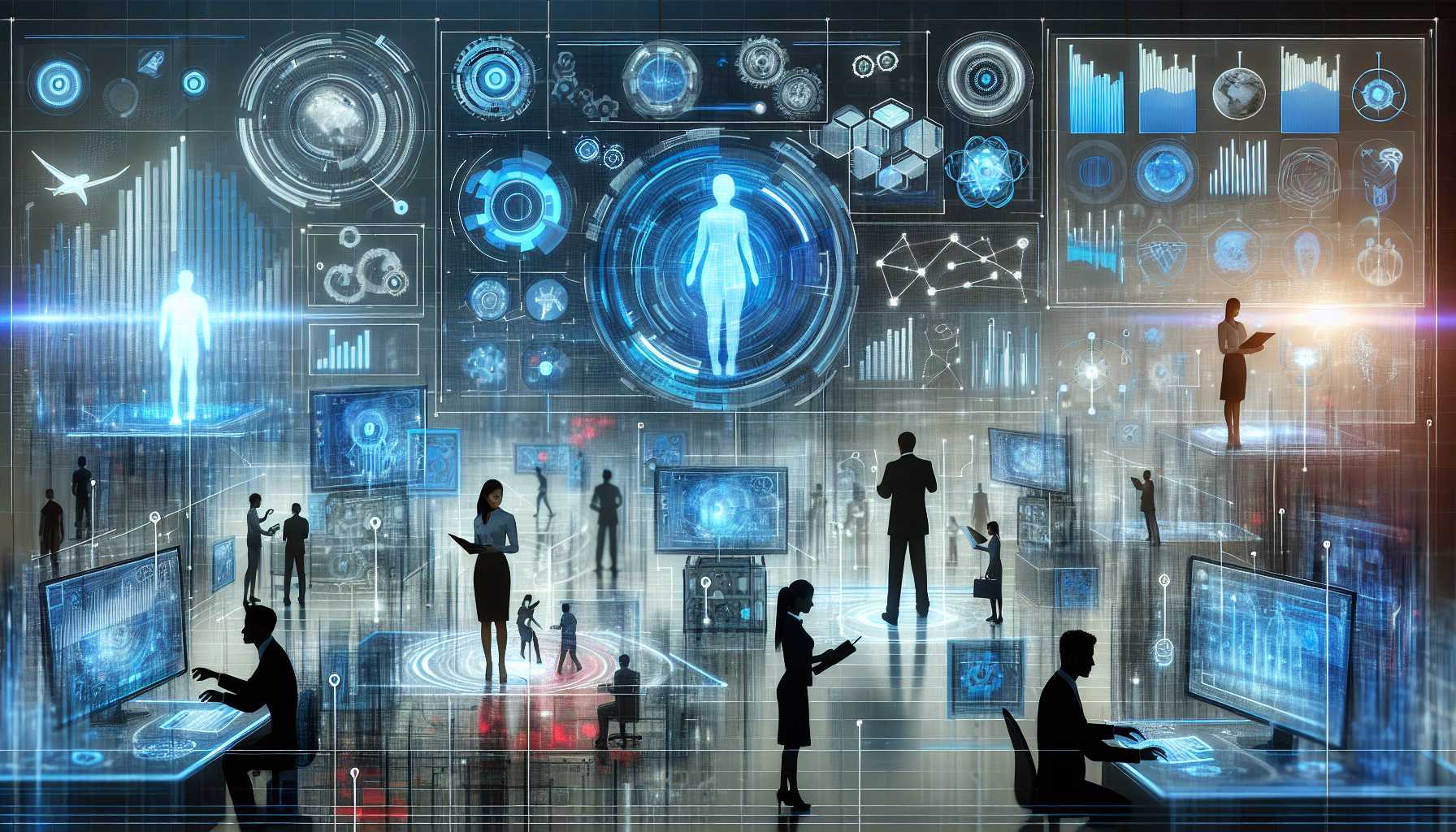Open Source and AI: A Dynamic Duo Transforming Tech
In the ever-evolving tech landscape, open-source software and artificial intelligence (AI) stand as unwavering pillars of innovation. Let’s explore how these forces are reshaping the industry, challenging tech giants, and unlocking new realms of productivity and creativity.
Mermaid: Open Source Meets Ingenious Simplicity
Mermaid, an open-source diagramming and charting tool, emerged from the absence of Microsoft Visio. Its founder, Knut Sveidqvist, sought to combine the simplicity of Markdown with the power of visual charting. Today, Mermaid has secured $7.5 million in seed funding from tech giants like Microsoft, showcasing its potential as a burgeoning ecosystem. By venturing into workflow automation, Mermaid demonstrates the boundless possibilities of open source when nurtured.
Github and Sentry: Automating Code Security and Debugging With AI
GitHub and Sentry harness AI to enhance code security and debugging. GitHub’s code scanning autofix leverages Copilot and CodeQL to prevent over two-thirds of common vulnerabilities. Sentry’s AI Autofix acts as a junior developer, troubleshooting production issues. These advancements showcase AI’s transformative power in elevating the developer experience, turning reactive processes into proactive ones.
Truecaller’s AI “Max”: Transforming Human-Machine Interaction
Truecaller’s “Max” exemplifies AI integration. It utilizes machine learning to filter robocalls, shielding users from digital noise. While concerns about false positives exist, Truecaller’s initiative highlights AI’s potential as a “digital bouncer,” discerning between nuisance and necessity. AI’s ability to adapt to human communication nuances offers a glimpse into a future where communication overload becomes an automated process.
OpenAI’s Uncharted Waters: The Dual Edged Sword of GPTs
OpenAI’s GPT Store showcases the boundless yet problematic nature of generative AI. Copycat content and dubious rewards raise concerns about copyright infringement and AI governance. The proliferation of such content poses ethical and pragmatic questions about AI’s role in content creation. OpenAI must address regulation, content quality, and intellectual property issues as it unlocks the earning potential of GPTs.
AI in the Workplace: From Helpers to Hindrance?
As AI tools enter the workplace, studies reveal a double-edged sword. Productivity may soar, but employee well-being suffers from obsolescence fears and AI oversight. It’s crucial to strike a balance, ensuring AI enhances human work rather than replaces it. Navigating the intersection of open-source software and AI requires collaboration, innovation, and an empathetic approach to both creation and integration.

